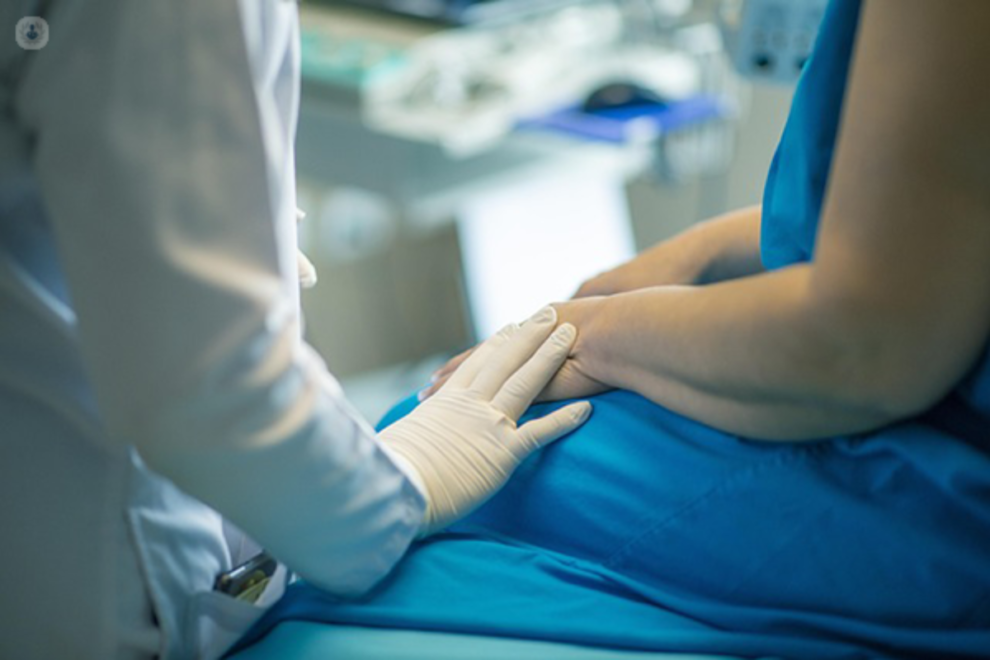Surgery for Hiatus Hernia: Effective Treatment Options in Modern Medicine
The hiatus hernia is one of the most misunderstood and maligned conditions in medicine. People blame this hernia for much more than it ever does. Patients with a hiatus hernia need to understand what it is and what might occur with it. Most importantly, they need to know it is unusual for serious problems to develop from this type of hernia.


Free Doctor Opinion
Anatomy Surgery in India
The diaphragm is a sheet of muscle that separates the lungs from the abdomen. When a person takes a deep breath, the dome-shaped diaphragm contracts and flattens. In doing this, the diaphragm pulls air into the lungs. The left diaphragm contains a small hole through which passes the tube-shaped esophagus that carries food and liquid to the stomach. Normally this hole, called a hiatus, is small and fits snugly around the esophagus. The J-shaped stomach sits below the diaphragm.
What Are the Different Types of Hiatus Hernia?
Sliding Hiatus Hernia : – In this most common type of hiatus hernia, the herniated portion of the stomach slides back and forth, into and out of the chest. These hernias are normally small and usually cause no problems or even symptoms.
Fixed Hiatus Hernia : – In this case, the upper part of the stomach is caught up in the chest. Even with this hernia, there may be few symptoms. However, the potential for problems in the esophagus is increased.
Complicated or Serious Hiatus Hernia : – Fortunately, this type of hernia is uncommon. It includes a variety of patterns of herniation of the stomach, including cases in which the entire stomach moves up in the chest. There is a high likelihood that medical problems will occur with this hernia and that treatment, frequently involving surgery, will be required. Complicated hernias are uncommon.
Causes and Risk Factors of Hiatal Hernia in India
The most frequent cause of hiatal hernia is an increased pressure in the abdominal cavity produced by coughing, vomiting, straining at stool or sudden physical exertion. Pregnancy, obesity or excess fluid in the abdomen also contribute to this condition.
Common Tests For Hiatal Hernias in India
Barium Swallow (Barium X-ray) : – This test requires the patient to drink a chalky liquid that contains a small amount of barium. The barium shows up clearly on an x-ray, allowing the radiologist to clearly see if a portion of the stomach is out of place in the chest cavity.
Endoscopy (EGD): – This procedure is done by a physician. A thin tube with a light and camera built in, called an endoscope, is inserted into the mouth and down the throat. It is gently pushed down the esophagus where the doctor can see the inside of both the esophagus and the stomach. This test is often performed to look for damage caused by gastric reflux, commonly known as heartburn.
Treatment of hiatus hernia in India
Self-help You can reduce your symptoms and prevent further problems by making the following lifestyle changes.
- If you’re overweight or obese, lose weight.
- If you smoke, try to stop as smoking increases the risks of reflux problems.
- Eat small, frequent meals, rather than occasional large meals, at least three hours before bedtime.
- Eat a diet low in carbohydrate and fat and avoid spicy foods, caffeine, fizzy drinks, alcohol, chocolate and acidic foods.
- Wear loose-fitting, comfortable clothes.
- Avoid bending over, abdominal exercises and tight belts.
- Raise the head end of your bed by about 10 to 20cm with something sturdy and solid – don’t use extra pillows as this may put extra pressure on your stomach.
- If you’re stressed, try relaxation techniques such as meditation, yoga and deep breathing, as your symptoms may worsen under stress.
Medicines in India
Antacids can be bought over-the-counter and are taken in either liquid or tablet form. Those containing magnesium or aluminium work by neutralising your stomach acid. Others contain an ingredient called alginate, which forms a barrier that floats on top of your stomach contents and prevents them splashing back up into your oesophagus.
If antacids don’t work for you, or you need to take large quantities to relieve your symptoms, your doctor or pharmacist may recommend a different over-the-counter medicine such as a proton pump inhibitor or an H2 blocker. Proton pump inhibitors completely stop acid production and are effective in relieving symptoms.
H2-blockers reduce the amount of acid that your stomach produces, but they aren’t as effective. If you need to take medicines for indigestion regularly, for example, more than two or three times a week, your doctor may prescribe regular proton pump inhibitors or H2-blockers in higher doses.
Another type of medicine you may be prescribed is a motility stimulant, which helps stop your stomach contents coming back up into your oesophagus and quickens the rate at which your stomach empties.
Surgery in India
Rarely, a sliding hiatus hernia causes such severe symptoms or complications that your doctor will recommend surgery. You’re more likely to need surgery if you have a rolling hiatus hernia. Surgery involves pushing your stomach back into the correct position, securing it and tightening your diaphragm around the lower part of your oesophagus. This prevents acid reflux and heartburn.
The procedure is usually done as keyhole surgery using a laparoscope – a small thin tube containing a camera. The recovery time is quicker than for open surgery, which is done through a cut in your abdomen.
You will probably need to stay in hospital for two to three days and recovery usually takes one week.
Side-effects and complications are rare but can include : –
- pain when you swallow, which usually improves after one to three months
- bloating from gas, especially after meals
- difficulty burping or vomiting, which gradually improves
- infection and bruising
- long-term pain
Wish to speak to us now? Send us a message and we will call you back –click here
Or email at [email protected] / Call +91 9029304141
Read Also :-
- Surrogacy Agency Treatment in India
- Surrogacy Agency in India: Professional Guidance for Your Parenthood Journey
- Tonsillectomy in India: Safe and Effective Treatment for Tonsil Issues
- Surgery Treatments in India: World-Class Care at Affordable Costs
- TAPVC Surgery: Advanced Treatment for Total Anomalous Pulmonary Venous Connection
Committed To Build Positive, Safe, Patient Focused Care.
High Quality
Care
Home Review
Medicine
All Advanced
Equipment
Book An Appointment

At We Care India, we offer complete medical services for your entire family, from routine check-ups to injury care, ensuring personalized attention and expert assistance for all your health needs.


